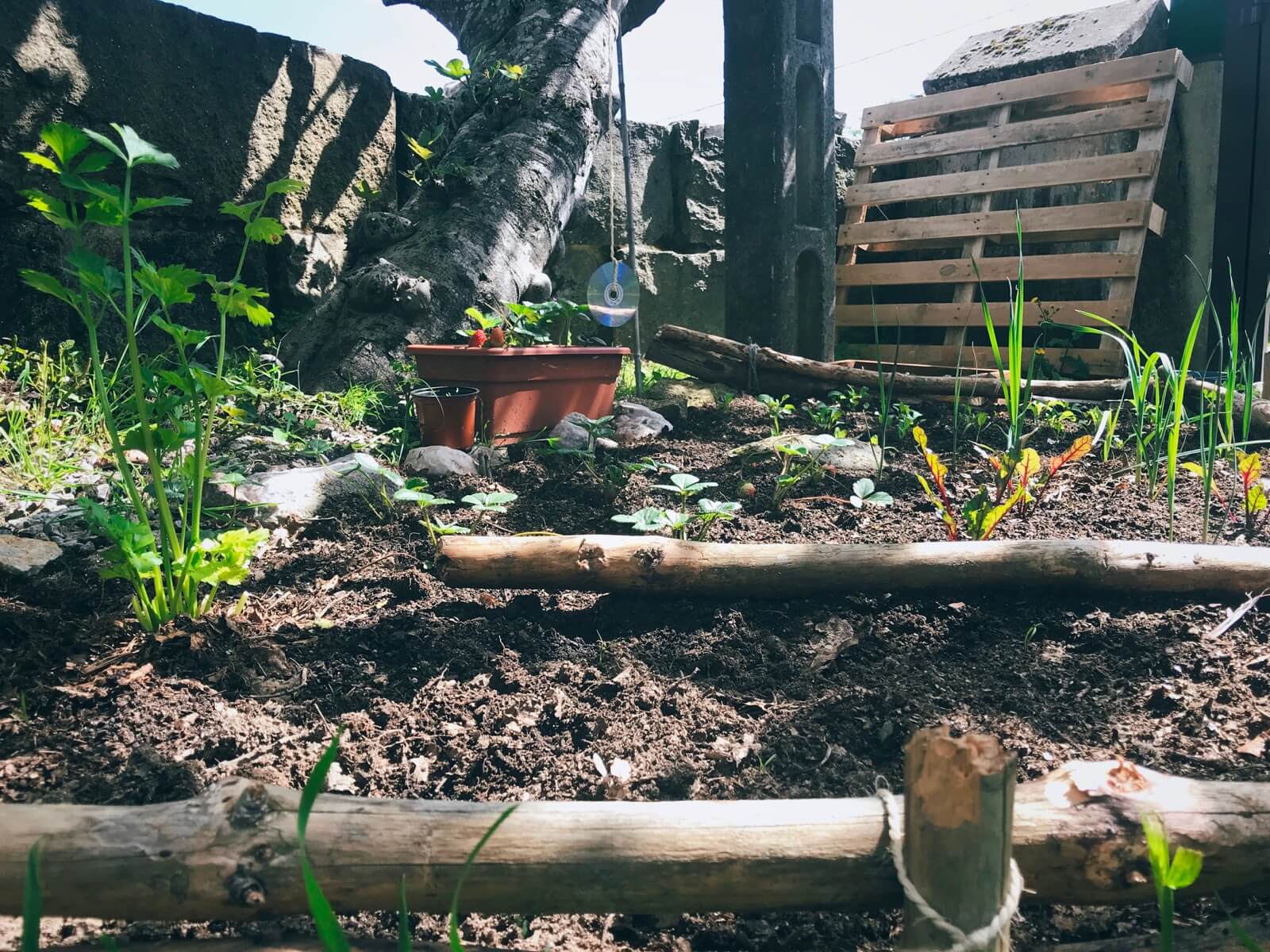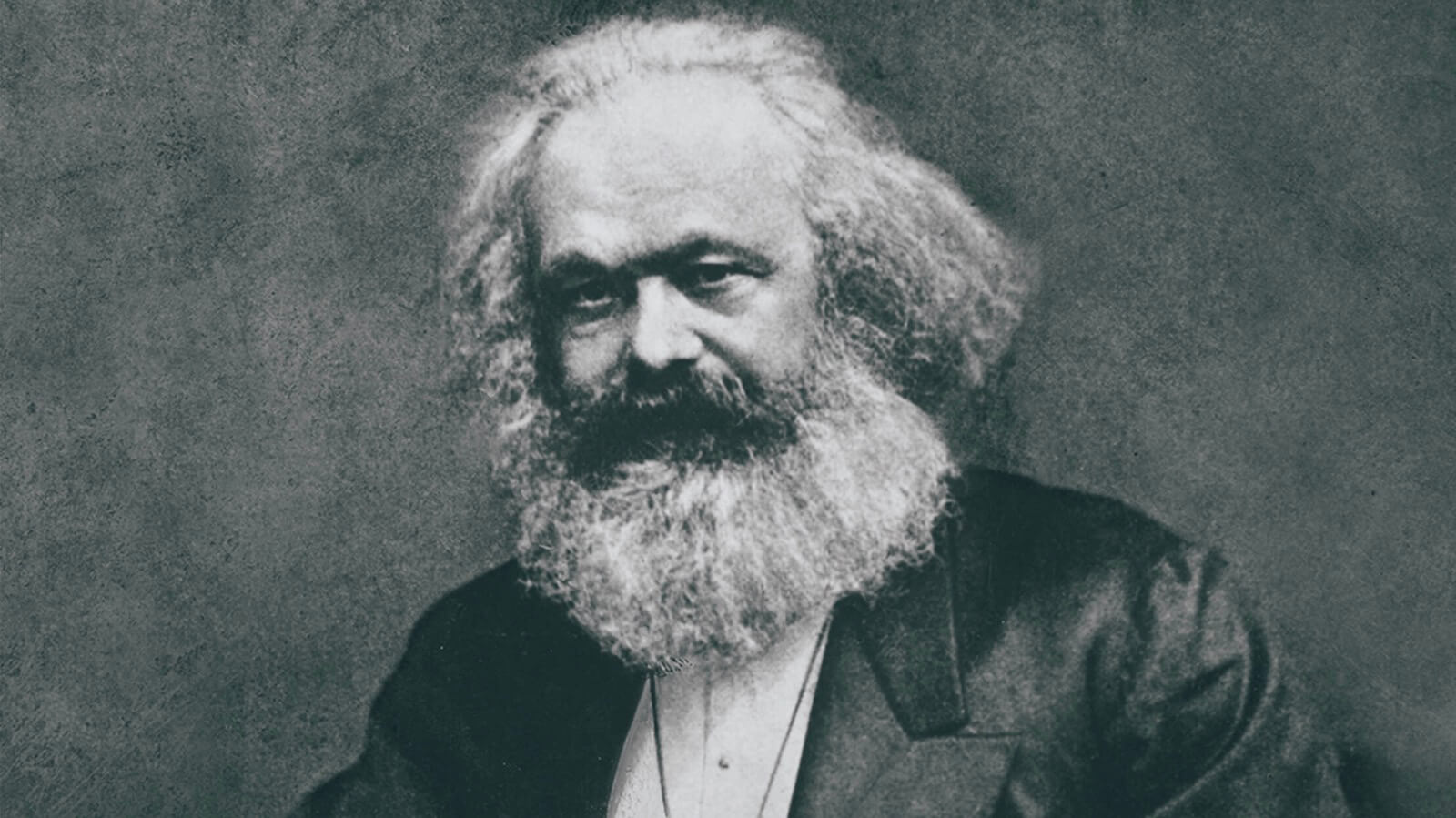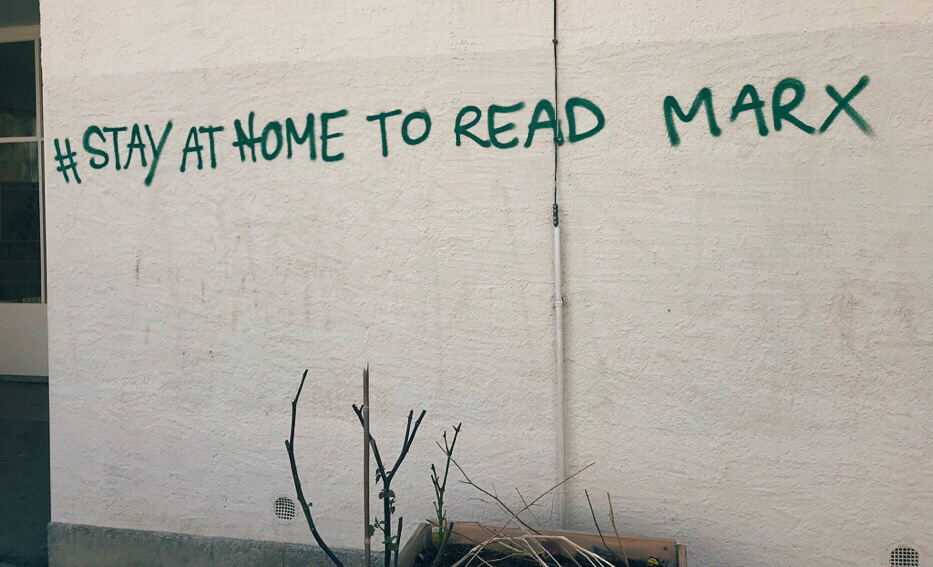Instead of jumping on Twitter in the early mornings and inevitably seeing distressing reports of impunity and inequality, I’ve been reading La Voz de Galicia. It’s local news that relates more to my day-to-day, I practice reading Spanish and Galician, and there’s a plethora of human interest pieces that are pretty interesting. I pick out a few to read while I eat some breakfast to prepare for the day’s fasting. This pleasant article caught my attention today:
“Zahara de la Sierra, from medieval fortress to sanitary fortress”
The town of 1,500, a quarter of which over the age of 65, has not registered a single case of coronavirus. Considering that at the time of writing, Spain is the country with the second highest number of total cases and the fourth highest number of coronavirus-related fatalities, this is astonishing and awesome.
Zahara is a pueblo blanco, one of the whitewashed towns in the southern community of Andalusia with narrow streets and clustered houses. This one is perched on a mountain, with an old Moorish fort overlooking the town. I haven’t been there myself but I’ve been to other pueblos blancos like Grazalema and Ronda.
So how did Zahara de la Sierra manage to stay free from coronavirus, even as nearby towns and villages registered cases and fatalities?
First, they sprang into action the day after the state of alarm was announced and blocked off four of the five roads leading into the town. They sprayed every entering vehicle with water and bleach. The markets set up a delivery service. The women’s association cooked and delivered food to the footsteps of their elderly neighbors. They cleaned the streets a few times a week. They stayed in touch on Facebook. They outfitted music and lights onto cars to entertain children from the balconies. And they used the town’s contingency fund to help family-run businesses and autónomos, freelancers, stay afloat during the lockdown. They also turned away tourists, even though the pueblos blancos are very popular with international tourists and depend on the tourism sector.
This level of neighborhood support and seriousness to health should be envied everywhere.


